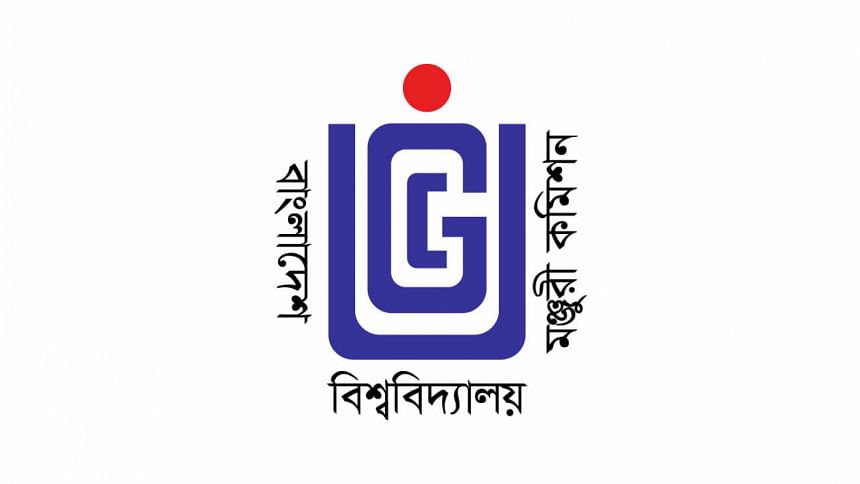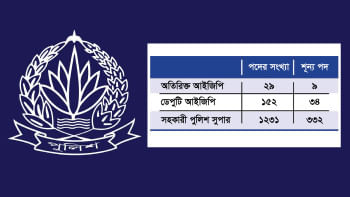Vice-chancellors should be picked from UGC pool

University Grants Commission has proposed formulating a guideline for appointing vice-chancellors, pro-VCs, and treasurers at public universities.
The UGC in its annual report for 2022, which is yet to be presented to the president, also said a pool of qualified teachers may be formed in light of the recommendations by the commission for appointment to suitable posts.
It claimed that administrative and financial activities were not being run properly at universities due to the lack of skills of VCs, pro-VCs, and treasurers.
An UGC member yesterday said they made the recommendations as there is no guideline for who could be a VC of a public university, apart from in four universities that run under a 1973 order.
"Such a guideline will help reduce criticism that VCs, pro-VCs are being appointed on political considerations. If we can prepare a pool and guidelines, it will be made public and the people of the country will be aware who is going to sit on the top administrative positions at universities," the UGC member said.
Asked about whether the UGC wants to reduce the number of appointments of VCs and Pro-VCs on political consideration, UGC acting chairman Prof Muhammed Alamgir said, "We want qualified persons appointed to the top administrative positions."
"If someone can fulfil the criteria, like having a sound academic track, having experience in teaching, research and administrative work, integrity, they should be appointed as VC or to other important positions," he added.
Until now, respective laws of four public universities -- Dhaka, Rajshahi, Chittagong, and Jahangirnagar -- have provisions that VCs of these universities would be appointed by the president after getting elected by the senate of the respective universities.
But in most cases, un-elected VCs run the universities.
However, there is no criteria for the appointment of VCs to other universities.
As per the rules of those universities, the president appoints a VC, but he does so following the consent of the prime minister after the education ministry sends a list of potential candidates.
The UGC prepared a Strategic Plan for Higher Education for 2006 to 2026 that recommended that the existing system of appointing VCs needed to be changed, as it left "scope for political manoeuvering".
The chancellor could form a national search committee, giving it adequate legal backing to recommend the appointment of VCs, it proposed.
"Subsequent governments did not implement any of the recommendations, choosing, instead, to appoint loyalists," said a UGC member.
Former UGC chairman Prof Abdul Mannan said, "Political identity should not be the only criterion for appointment as VC."
In its "Annual Report 2022", the UGC recommended increasing budgetary allocation for higher education and suggested ranking universities. It also recommended academic master plans for all universities and institutional quality assurance cell and a guideline to stop plagiarism.
According to the UGC report, there are 163 universities -- 53 public and 110 private.
There are 47.56 lakh higher education students, of whom 22.14 lakh are female. Private universities have 3.41 lakh students, about one lakh females.
Public universities have 36,399 teachers while private universities have 16,508 teachers.

 For all latest news, follow The Daily Star's Google News channel.
For all latest news, follow The Daily Star's Google News channel. 



Comments